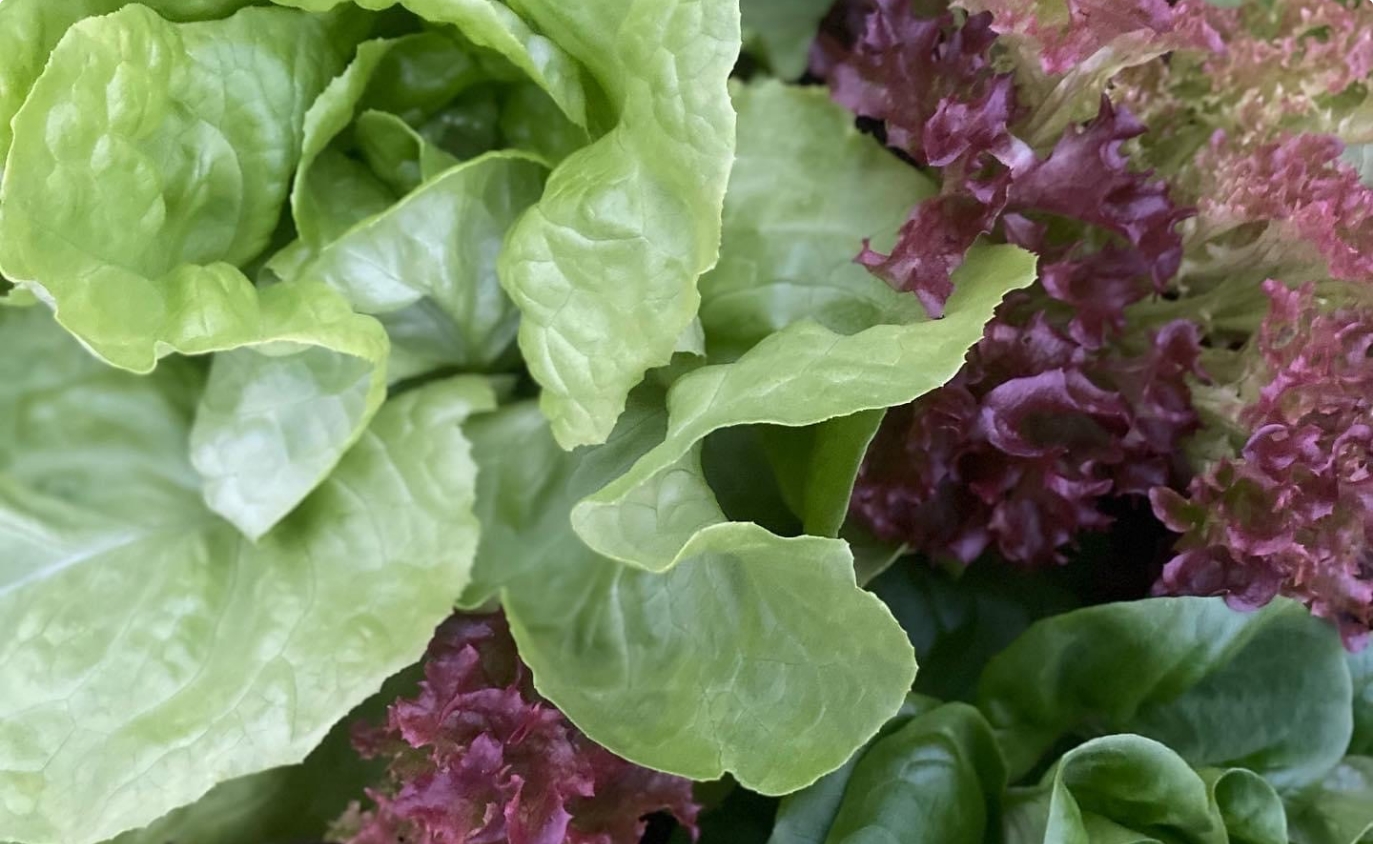In our quiet corner of Rhode Island, The Farm has embraced a practice as old as agriculture itself: companion planting. This method, deeply rooted in organic farming traditions, involves strategically placing certain plants near each other to enhance growth, deter pests, and ensure a balanced ecosystem. Below, we dive into the benefits and practicalities of companion planting, tailored to our Rhode Island growing zone.
The Science & Art of Companion Planting
If you zoom out, companion planting is much more than just a farming technique; really, it’s an understanding of the intricate relationships between different plants and how they can mutually benefit each other. The goal being to create a diverse, well-balanced ecosystem where the plants support each other’s growth.
Benefits of Companion Planting
Natural Pest Control
Many plant combinations naturally repel pests, which is very cool. For example, we plant marigolds among our vegetables. The marigold’s strong scent is known to deter nematodes and other garden pests without the need for chemical pesticides.
Improved Plant Health
Certain plant combinations can improve the overall health and vitality of the crops. For example, planting beans near corn allows the beans to climb the cornstalks, while the beans fix nitrogen in the soil, a benefit for the corn.
Improved Flavor and Growth
When grown together, some plants can improve each other’s flavor and growth. Herbs like basil, when planted near tomatoes, not only repel pests but are believed to improve the taste of the tomatoes.
Companion Planting in Rhode Island’s Growing Zone
The climate and soil conditions in Rhode Island’s growing zone make it ideal for a variety of plant combinations. Let’s look at some companion planting strategies we use at The Farm:
Tomatoes with Basil and Marigolds
Tomatoes benefit from the company of basil and marigolds. Basil repels flies and mosquitoes, while marigolds deter soil nematodes.
Carrots and Spring Onions
Planting carrots and spring onions together is beneficial as the onions deter carrot flies, while the carrots help to loosen the soil, benefiting the onions.
Cucumbers and Nasturtiums
Nasturtiums act as a trap crop for cucumber beetles, protecting the cucumbers. Their vibrant flowers also attract beneficial pollinators to the garden.
Corn, Beans, and Squash: The “Three Sisters”
This traditional Native American grouping works well in Rhode Island. The corn provides a structure for the beans to climb, the beans fix nitrogen in the soil, and the squash acts as a living mulch, suppressing weeds and retaining soil moisture.
Tips for Successful Companion Planting
- Research Plant Combinations: Not all plants are compatible. It’s important to research which plants benefit each other.
- Consider Timing: Ensure that your companion plants have similar growing requirements and timelines.
- Observe and Adapt: Companion planting is not an exact science. Observe how your plants are reacting and be ready to adapt your strategies.
We’ve seen firsthand how companion planting contributes to a healthy, vibrant, and sustainable farm ecosystem. By understanding and implementing some of these natural plant relationships, we can grow crops that are stronger, more healthy, offer more bounty, and support a broader garden ecosystem.

